By Mehmet Emin Hazret
In recent years, economic relations between Turkey and China have reached unprecedented levels. China now owns over 1,300 companies and has invested more than $6 billion in Turkey. From factories and infrastructure projects to ports, power plants, smartphone production, and electric vehicle investments, China has become a quiet but powerful stakeholder in Turkey’s economy.
But alongside the increase in these investments, another silence has grown louder: the silence surrounding the issue of East Turkestan.
How Deep Does the Economy Run?
By 2023, the trade volume between Turkey and China approached $48 billion. However, 90% of that trade consists of Chinese exports. For China, Turkey is not just a market; it’s a logistical gateway to Europe, Africa, and the Middle East. Giants like BYD are investing $1 billion in an electric vehicle plant in Manisa, while Chery is preparing a similar investment in Samsun. At the same time, tech conglomerates such as Alibaba have become shareholders in Turkey’s e-commerce platform Trendyol. China’s strategy seems clear: produce, package in Turkey, and export to Europe—a logistics and integration model with geopolitical depth.
The Silenced Truth Behind the Great Partnership
This growing economic integration has led to a noticeable decline in public criticism of China within Turkey. A decade ago, human rights violations, internment camps, and religious oppression in East Turkestan were frequent topics in public discourse. Today, they are barely mentioned. Academia is silent, politics is evasive, civil society is ineffective.
It is evident that China has gained this silence through its “silence in exchange for investment” strategy. Government officials, business leaders, and even media representatives remain quiet—or feel compelled to—out of concern that criticism of China could jeopardize economic relations.
Turkey’s Role in China’s Global Strategy
For China’s “Belt and Road” initiative, Turkey is the heart of Eurasian transit. Investments in railways, ports, mobile technologies, and energy infrastructure are not merely economic—they are deliberate moves on the geopolitical chessboard.
As China deepens its influence in Turkey, the space for Uyghur activists shrinks. Their voices are muted, their presence is minimized. In the name of national security, commercial sensitivity, and diplomatic pragmatism, the tragedy of an oppressed people living under genocidal conditions is conveniently overlooked.
China does not merely see Turkey as an investment destination—it seeks to position Turkey as a partner that remains silent in the face of its interests.
As the voice of trade grows louder, the voices of those bearing witness to China’s persecution grow fainter.
This article raises a question that goes beyond economic reality and touches something more human:
When does the voice of a people become as important as investment?
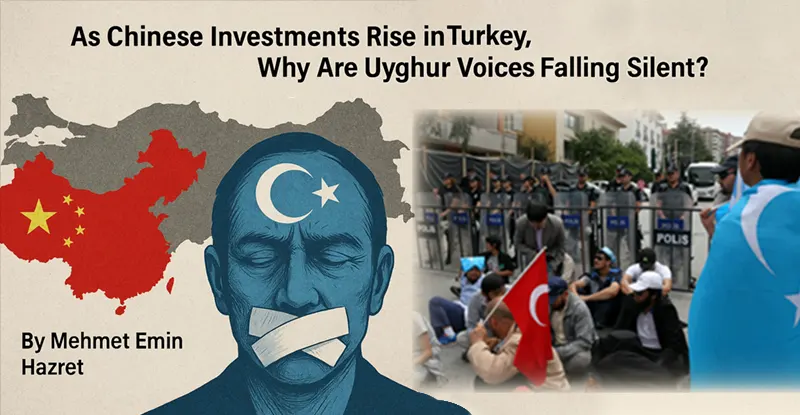
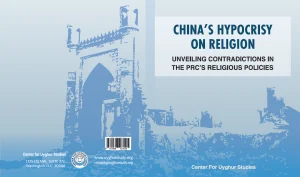
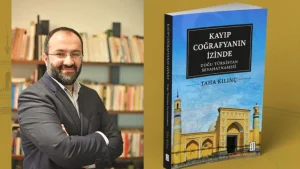




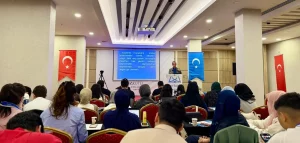
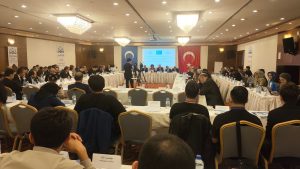
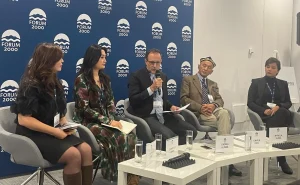
Be First to Comment